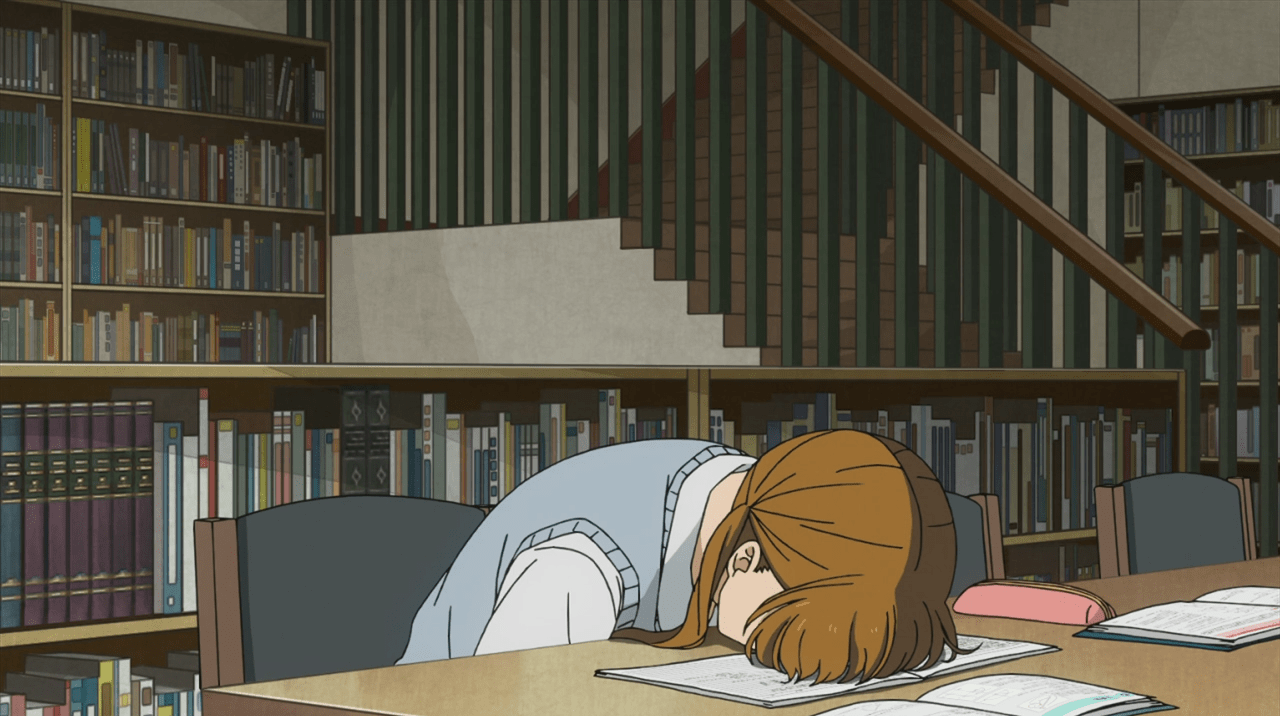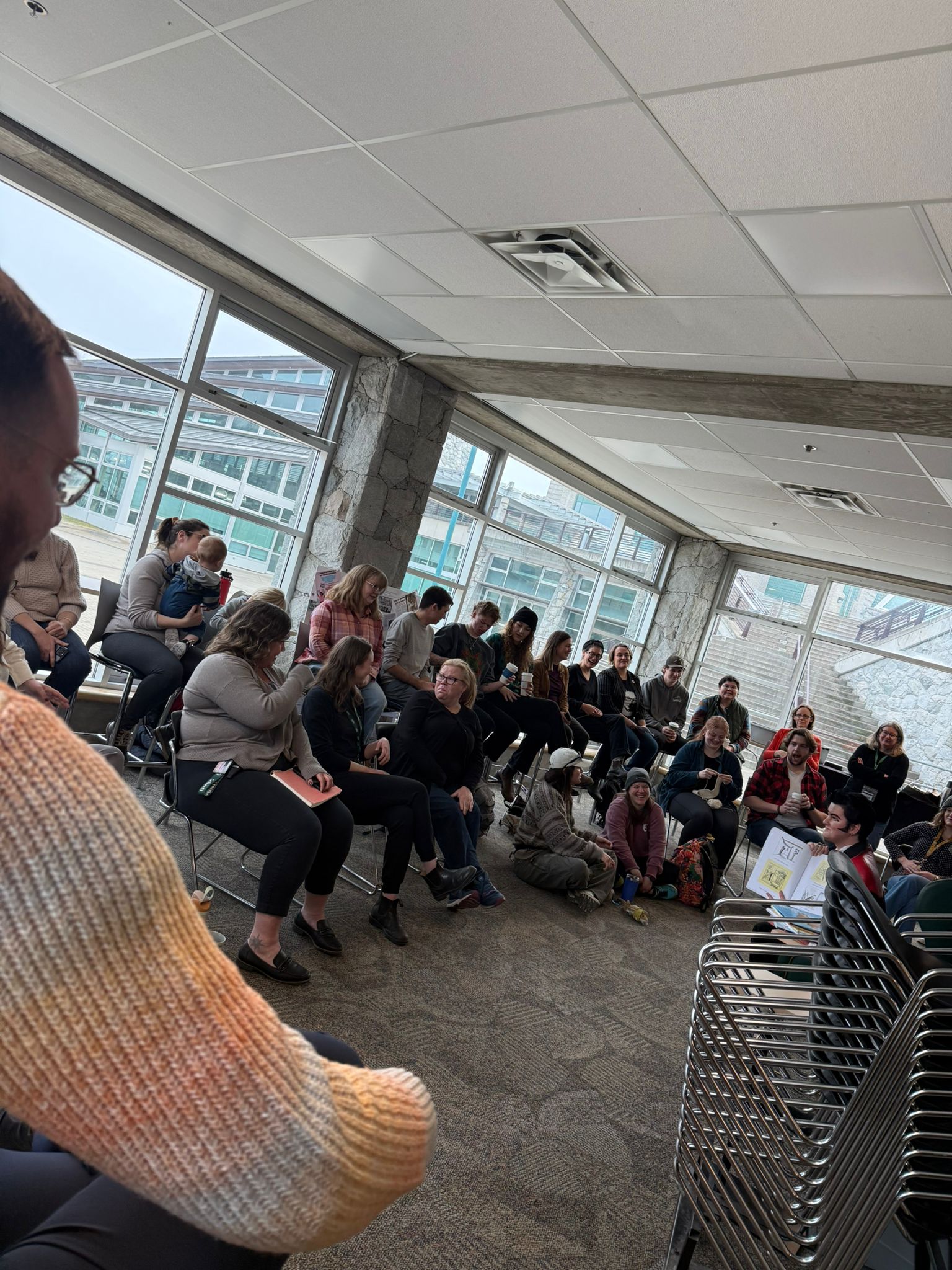As students, we often say “sleep is for the weak,” but we all know it is a cover-up for doing assignments last minute. Did you know that sleep takes on average 1/3 of our lives? For example, if you live until 90-years old, 30 of these years you will spend sleeping. That sounds like a lot. However, if you think about it, sleep is as essential to human survival as food or water. That is why so many scientists are studying sleep and the processes that happen during it. In the last two editions, you have read about sleep phases. Now, let’s learn why sleep is so crucial for our health.
Healthy sleep is essential for your success in your professional and personal lives. You probably agree that it will be hard to get a job if you keep yawning during the interview. Even more importantly, health is essential for your health! Your body produces multiple necessary for our daily functioning hormones (i.e. melatonin, growth hormone), which promote cell regeneration and physical recovery.
Over your student experience, you might have noticed that some tasks seem to be extra hard when you are sleepy, but once you get some sleep, these tasks become much easier! The magic is that your brain selectively “erases” the information we would not consider necessary during sleep. While unnecessary information is being “deleted” in our brain, critical information is transferred from short-term memory to long-term memory. That is how our memories are formed and cognitive abilities recover.
On the other hand, sleep deprivation prevents our brains from functioning fully. One of the consequences of lack of sleep is the deterioration of cognitive abilities (memory, attention, thinking), coordination, and many other body functions. As a result, people often get into accidents or make other significant mistakes.
Another consequence of sleep deprivation is the vulnerability of your immune system. Some studies indicate that people who do not get enough sleep are more likely to get sick if exposed to a virus. It is especially relevant during stressful times, such as the exam period, as our immune system is already compromised by stress.
Lack of sleep might also lead to overeating and weight gain. When we do not get enough sleep, our body requires even more energy, and the most straightforward way to get it is from foods rich in carbs and fat, such as French fries, chips, and desserts. Therefore, if you are trying to lose a couple of pounds, make sure that you get enough sleep, which will help you avoid these bad cravings.
Redo your job again might lead you to sacrifice even more sleep.
Being deprived of sleep also negatively affects your motivation, not surprising. As you get more tired, you get less motivated to do what you need to, especially if it requires additional effort. In this case, no motivational video or speech will help you, as your body is drained of energy.
Combining all the factors mentioned earlier, you might realize that not having enough sleep makes you also less productive. The task you usually accomplish in one hour might take two or three hours. Moreover, you are more likely to make more mistakes because of your deteriorated cognitive abilities. Thus, you will need to redo your job again, leading you to sacrifice even more sleep, hence creating a vicious circle.
Finally, a lack of healthy sleep will negatively affect how you look. Lack of sleep might almost literally become evident on your face as under-eye bags and dark circles. In addition, prolonged unhealthy sleeping habits might promote premature skin aging.
So, if you want to look good, feel strong and healthy, and stay productive, make sure you get enough sleep! An excellent way to ensure healthy sleep is always going to bed at the same time every day, ventilating your room before bedtime, and making sure it is dark in the room.





